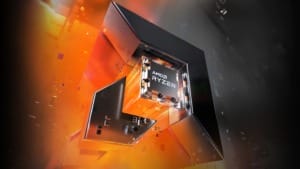Polestar 5: Pioneering EV charging speeds approach smartphone-like levels
The Polestar prototype achieves lightning-fast charging, but challenges in infrastructure and affordability remain for widespread adoption.

Polestar’s upcoming model, the Polestar 5, is on the brink of revolutionising electric vehicle (EV) charging with remarkable speed. A prototype has achieved a remarkable 10-to-80% battery charge in just ten minutes, potentially setting a new standard in EV charging outside laboratory settings.
In collaboration with battery experts StoreDot, Polestar has developed Extreme Fast Charging Technology (XFC), boasting silicon-dominant cells that enable rapid charging without compromising battery health. This breakthrough technology could significantly reduce charging times, making EVs more comparable to traditional internal combustion engine vehicles in terms of convenience.
While current production cars like the Porsche Taycan max out at 320 kW charging speed, Polestar and StoreDot have surpassed this, reaching peak speeds of up to 370 kW. This means that during a quick break, drivers could add approximately 200 miles to their journey, bridging the gap between EVs and traditional vehicles.
Polestar’s real-world prototype has demonstrated consistent charging speeds of 310 kW, with peaks reaching 370 kW. However, the effectiveness of this technology relies heavily on charging infrastructure, which is still catching up to the demand for high-speed charging stations.
While this breakthrough is promising, challenges remain. Currently, the availability of ultra-fast charging stations is limited, especially in regions like mainland Europe and certain states in the US. Additionally, the Polestar 5’s anticipated price tag of over US$100,000 (£130,000 or AU$190,000) may restrict its accessibility to a broader audience.
The Polestar 5’s groundbreaking charging capabilities signify a significant advancement in EV technology. However, widespread adoption hinges on the expansion of charging infrastructure to accommodate these higher charging speeds. Until then, the reality for many EV owners may still involve longer charging stops, highlighting the need for further investment in charging infrastructure to fully realise the potential of electric mobility.
















